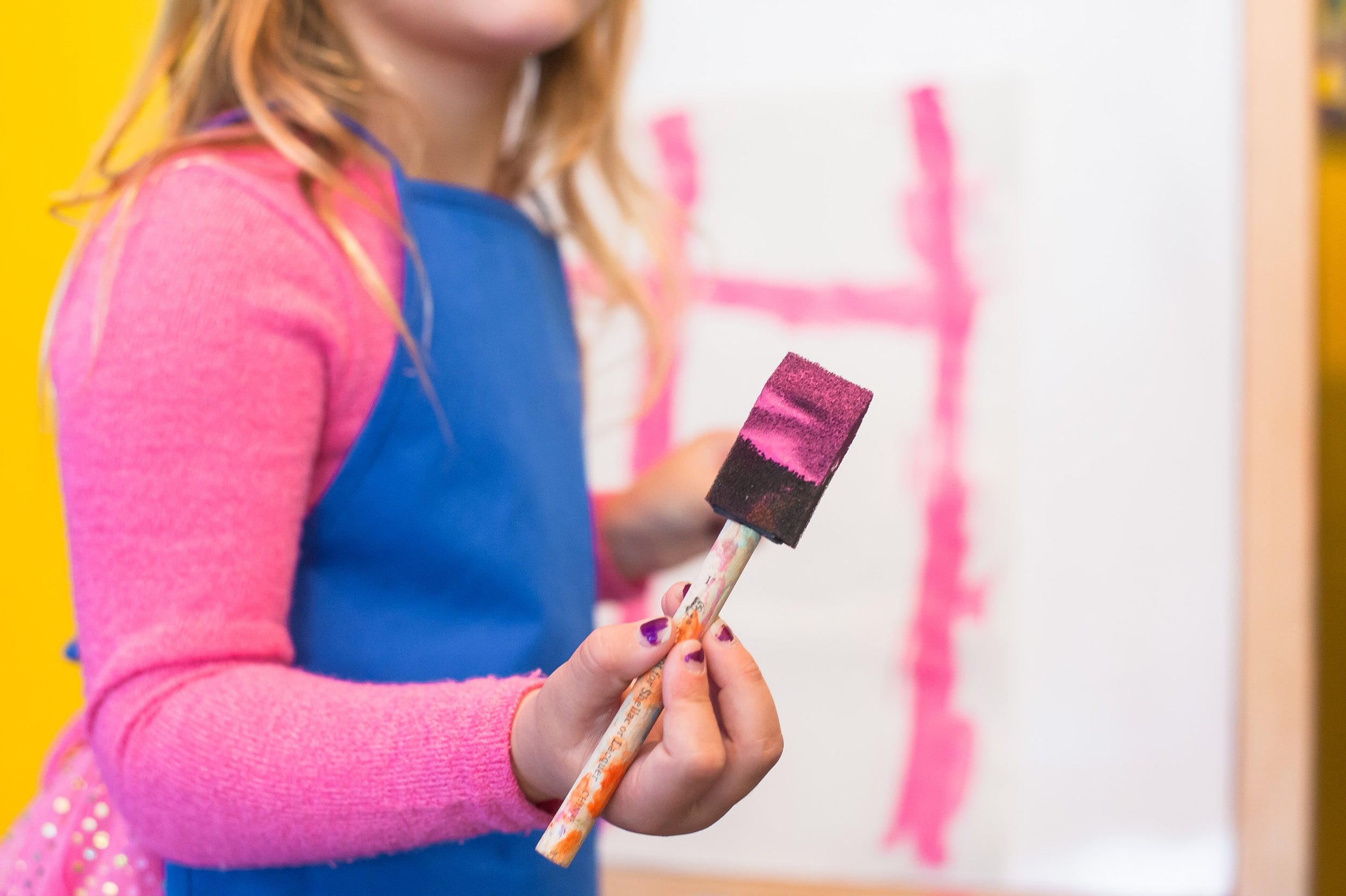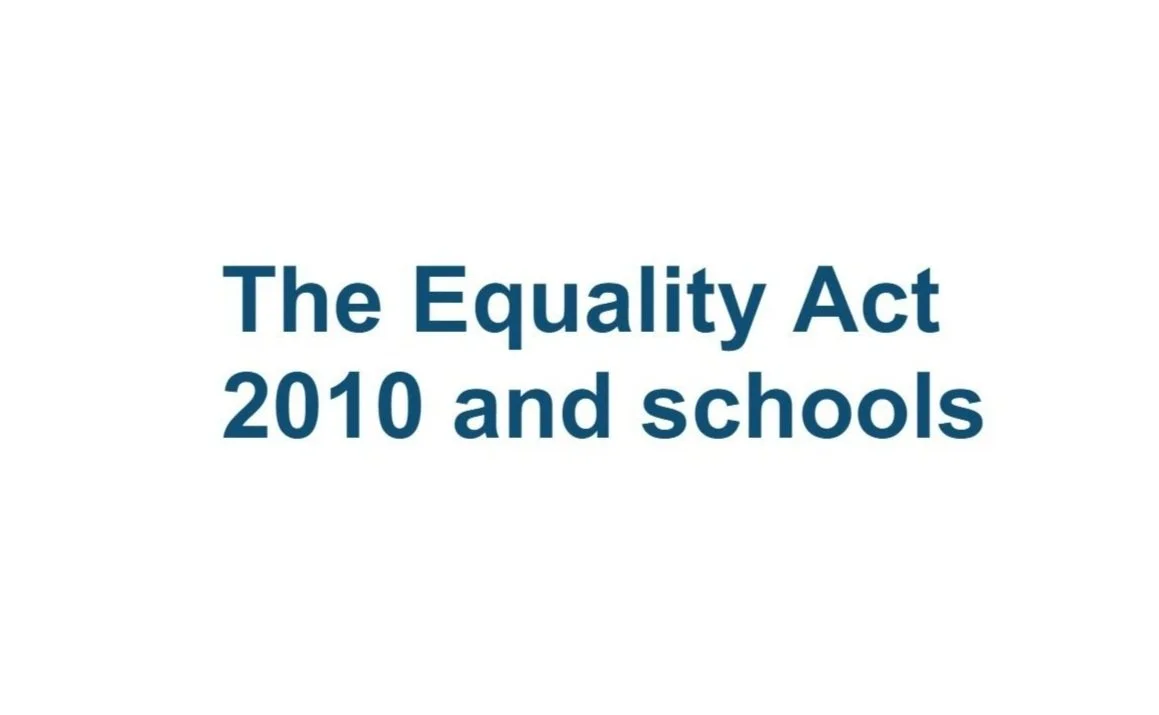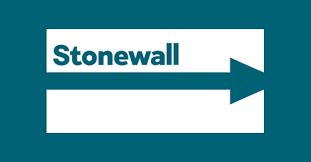Speaking with schools & nurseries
Ensuring your child’s school or nursery is inclusive to your family is essential as an LGBT+ parent/carer. However, the idea of having that open and inclusive conversation can feel daunting for some, and not all organisations will cover what Ofsted states. Scroll down to find out more, download our template letters, and view our list of links and resources.
“To be graded as good or better for personal development, the provision is expected to develop learners’ appreciation of diversity and promote respect for all the protected characteristics.”
— (OFSTED Education Inspection Framework, 2021)
The protected characteristics are:
Age, Disability, Gender reassignment, Marriage or civil partnership, Pregnancy and maternity, Race, Religion or belief, Sex, and Sexual orientation.
Proud 2 b Parents produced some resources with Everyday’s A School Day to support you having open conversations with your child’s school about their inclusivity in terms of PHSE as well as their holistic education, policies and guidance.
These contact templates (below) can be used to support these discussions with your child’s school or education setting.
“Feeling included and valued within a community, pre-school, school or other setting is really important. Lots of settings are working hard to improve their knowledge and practise around inclusivity, diversity and equality.
Schools must have statements or policies relating to Equality, Diversity and Inclusivity on their websites, which give information about how the school plans for these areas within their curriculum and how it fits into their wider school vision and values.
If you have any questions or concerns do contact the school or setting, it is their duty to respond to questions and support families.
- Everyday’s A School Day
School inclusivity letters
-

Pre-school
This contact letter can be used to support inclusivity discussions with your child’s pre-school setting.
-

Primary school
This contact letter can be used to support inclusivity discussions with your child’s primary school setting.
-

Secondary school
This contact letter can be used to support inclusivity discussions with your child’s secondary school setting.
Links and Resources: inclusive practise in educational setings
-

Ofsted
Equality and Diversity Statement for the Education Inspection Framework – OFSTED:
The clear guidance for schools from OFSTED (Office for Standards in Education, Children's Services and Skills) who inspect schools and look carefully at inclusivity, diversity and equality.
-

The Equality Act
This document is the Department for Education Advice for schools linking to the Equality Act. It clearly explains what and how schools should approach a wide range of topics including the protected characteristics, curriculum and discrimination:
-

Your Rights Under the Equality Act 2010
Clear information about the Protected Characteristics and the rights of individuals:
https://www.equalityhumanrights.com/equality/equality-act-2010/your-rights-under-equality-act-2010?
-

DFE curriculum guidance for Personal, Social, Health and Economic Education (PSHE)
Personal, Social, Health and Economic Education is a subject covered in Primary and Secondary Schools, here is some brief guidance about what it includes.
-

Information for the curriculum and teaching of RSE in Primary Schools
-

Information for the curriculum and teaching of RSE in Secondary Schools
-

Relationships and Sex Education
Relationships and Sex Education forms part of the National Curriculum for Personal, social and Health Education (PSHE.) There is lots of information available for families and schools about what will be taught to pupils and what age and the expectations about how some elements are taught.
Guides for parents/carers: These are short documents with the key elements of the curriculum at each age and the rights of families linked to their child’s learning in RSE.
https://www.gov.uk/government/publications/relationships-sex-and-health-education-guides-for-schools
-

Implementing Inclusive Education
This is a piece of research into how to improve inclusive education. It’s a bit complex but a useful document to signpost schools to if you have concerns that their inclusive practise needs improving:
-

Twinkl
A website jam-packed with ideas, materials, and teaching resources for pre-school and primary school. Search for terms such as ‘Pride Month’ or LGBT History Month’ to find the relevant content.
https://www.twinkl.co.uk/ -

'We are All Different' Storybook
An EYFS book that celebrates difference. It’s a fabulous EYFS eBook that promotes the beauty of diversity and celebrates differences. It also introduces children to the concept of being equal.
https://www.twinkl.com/resource/tf-or-7-we-are-all-different-ebook -

Diversity Role Models
A charity that aims to promote understanding and acceptance of individual differences and end LGBTQ+ bullying in schools.
They have free resources for schools on their website and also provide in-person workshops for pupils. -

Innovate My School
An article listing 5 things every school can do to be more LGBT+ friendly.
www.innovatemyschool.com/ideas/my-five-top-tips-for-making-your-school-lgbt-friendly
-

Stonewall Blog
This handy blog gives a breakdown of what LGBT+ inclusive education in Primary and Secondary Schools:
https://www.stonewall.org.uk/lgbt-inclusive-education-everything-you-need-know
-

Stonewall Pack: Learning about Pride
Free resources for pre-school, primary, and secondary to learn about Pride.
-

Stonewall Pack: Different Families, Same Love
Every child should be able to celebrate what they love about their family. Help your pupils celebrate different families on Mothers’ Day and Fathers’ Day with their bespoke cards and sticker sheets.
https://www.stonewall.org.uk/resources/different-families-same-love-pack


